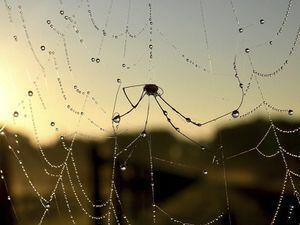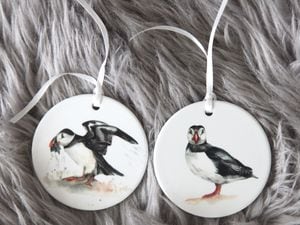‘Spider season’ is upon us as wet weather has tricked the creatures into thinking it’s mating time
House spiders are making more frequent appearances indoors as breeding season arrives.

A wet August could be to blame for the early onset of “spider season” as an unfavourable end to summer has tricked spiders into a premature mating season, experts have said.
Poor outdoor conditions have prompted house spiders to seek shelter indoors from mid-August – a phenomenon which is not normally seen until late September through to November.
While we co-exist with the creatures throughout the year, sightings of large house spiders creep up as breeding season arrives and males scour homes looking for female mating partners.
David Cross, head of the technical training academy at Rentokil Pest Control, said: “Due to the poor weather conditions we had in August… the rain has tricked spiders into thinking autumn has arrived and they should be mating.”
A slightly earlier start to summer also sparked a rise in the flying insect population – a sought-after source of protein for the eight-legged creatures.
Colin Campbell, an insect infestation specialist at Pest Professionals, said an increase in the population is down to food availability: “It’s probably that there’s more protein about in the form of flying insects, caused by a warmer and longer summer – or a summer which came earlier.
“If they are protein-eating spiders, it could be there’s more of an abundance of them and more flying insects around.”
There are up to six species of house spiders which invade homes from September and cause distress among arachnophobes. But those native to the UK are mostly harmless, Mr Campbell said.

Mr Campbell reassured fearful individuals that they should “never be alarmed” as most other spiders found in homes are not aggressive and do not bite.
Mr Cross said that the creatures are difficult to keep out because they are “genetically programmed” to seek shelter. However he advised people to seal gaps in doors and airbricks, as well as to “keep housekeeping up to scratch” by hoovering behind and under furniture.

Mr Campbell told the Press Association: “Around 98% of queen wasps are predated by spiders over the winter months. If it wasn’t for spiders, you could imagine the explosion we would have in wasp control – it would become a nightmare.”
He added: “People really need to understand that they’re a very important part of the food chain and they deal with a lot of the pests which do cause problems.”





